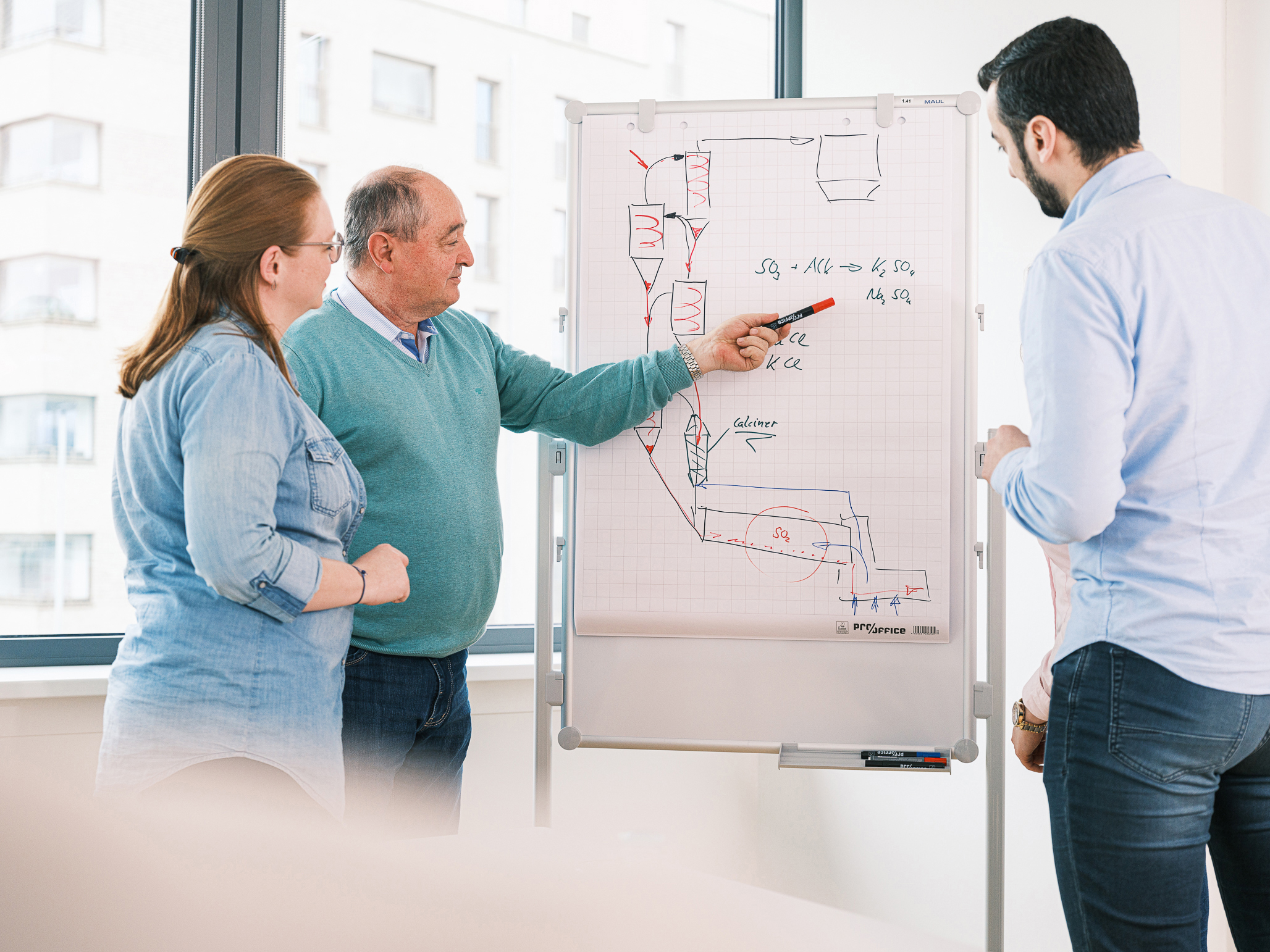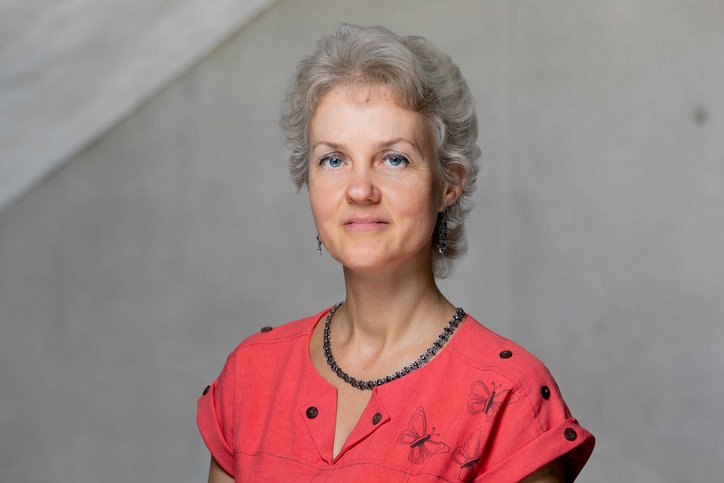05.10.2026
Training
Energy balances and efficiency
In this training you will learn how to conduct and evaluate cement kiln and mill trials. Kiln and mill examinations are carried out in order to gather data on the performance and to validate warranty performance data such as the output, the energy consumption, input/output ratio or the efficiency. Using this data as a reliable basis, you can for example optimise individual components of the operating system as well as the cement quality, reduce energy demands as well as emissions, evaluate material cycles and reduce coating formation.
Learn more
20.04.2026
Training
Firing alternative fuels 2026
In this training you will become familiar with all relevant aspects concerning the use of alternative fuels in cement plants. Starting with the main political drivers such as the circular economy and the European waste fuel strategy, you will get a detailed insight into the current state-of-the-art-situation with regard to the use of alternative fuels in the EU. In this context, pre-treatment and suitable quality control of alternative fuels will be also explained and presented to you. You will focus on all the relevant aspects of the use of alternative fuels in the burning process (e.g. drivers and barriers of their use, available process technology and latest developments) and discuss them in the sessions. You will acquire knowledge about technical feasibility and optimisation potential, and have the possibility to discuss case studies.
Learn more
16.03.2026
Training
Burning technology in cement production
Clinker production is the most energy-intensive process step in cement manufacturing. It can represent up to 90% of the total energy demand in a cement plant and is therefore a main focus not only with regard to cost optimisation and quality improvement of the final product, but also regarding emission control and the reduction of impacts on the environment. VDZ’s training will enable you as participant to obtain a deeper knowledge of the clinker production process and a better understanding of how the daily decisions can impact the overall performance of the plant (quality, electrical energy use, fuel consumption and emissions).
Learn more
02.03.2026
Training
Grinding technology in cement production
Raw material and cement grinding are the first and the last major process steps during cement production. The energy demand of these two processes amounts to up to ~70% of the electrical energy used in a cement plant. For you as participant, this training will help to obtain a better understanding of the comminution processes as well as the equipment used for grinding. The knowledge acquired in this online seminar will deliver a solid basis for assessing and evaluating the optimisation potential for grinding processes and the ground product.
Learn more
01.01.2025
Training
VDZ E-learning
With us, you can expand your knowledge around the production of cement and lime, as well as in the area of concrete technology. As a competent partner, we have been offering our customers individual qualification solutions since 2010. In addition to German-language online courses, we also offer English- and Russian-language courses and other services.
Learn more
07.10.2025
Training
Strategies for the decarbonisation of the cement industry
VDZ’s online seminar “Strategies for the decarbonisation of the cement industry” aims to train technical staff that will be involved in the development and implementation of decarbonisation strategies in the cement industry in the coming decades. As a participant, you will gain a broader perspective on the challenges, opportunities, uncertainties and technical solutions available to achieve the ambitious goal of net zero CO₂ emissions in the future. Starting with energy efficiency and utilisation of alternative fuels, you will learn about state-of-the-art technologies, technical limitations, identification of improvement potential and industrial case studies. You will also get an insight into the current regulatory framework and how the implementation of CBAM might influence investment strategies in cement plants in Europe and beyond over the next decade. You will look ahead and discuss innovative CO₂ reduction possibilities, such as calcined clays, use of artificial intelligence (AI) and CCUS. Calcined clays will be presented from a technology and materials perspective. You will also learn about different CC technologies and their operating principles, TRL evolution prospects and associated technological risks, selection criteria and critical techno-economic requirements. At the end of the online seminar, you will understand the fundamentals of machine learning and how AI can be used for process parameter prediction in the present, as well as for the development of autonomous systems for process control in carbon capture cement plants in the future.
Learn more
15.09.2025
Training
Firing alternative fuels
In this training you will become familiar with all relevant aspects concerning the use of alternative fuels in cement plants. Starting with the main political drivers such as the circular economy and the European waste fuel strategy, you will get a detailed insight into the current state-of-the-art-situation with regard to the use of alternative fuels in the EU. In this context, pre-treatment and suitable quality control of alternative fuels will be also explained and presented to you. You will focus on all the relevant aspects of the use of alternative fuels in the burning process (e.g. drivers and barriers of their use, available process technology and latest developments) and discuss them in the sessions. You will acquire knowledge about technical feasibility and optimisation potential, and have the possibility to discuss case studies.
Learn more

